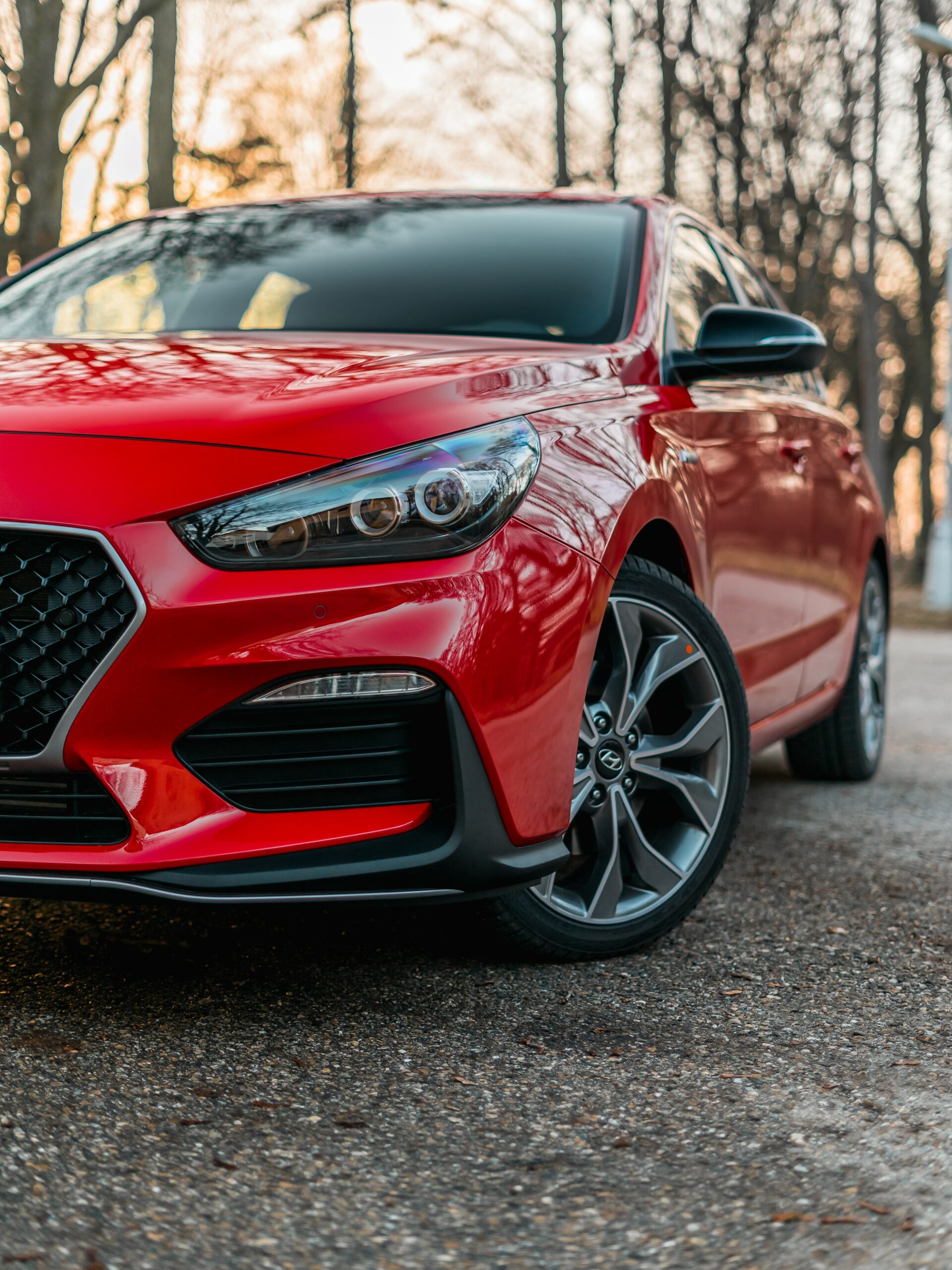Buying a car, whether new or used comes out as a common dream especially among generation Z and millennials. If you doubt this, just meet a random person and ask him what he would do with a $10000 jackpot win today. In fact, just to make it $1000 jackpot and some will still mention that they would buy a car without even taking note that no drivable car may cost that little. This shows the craze which people have for spinning their own car. Now, we here shine light on considerations that a serious car buyer needs to take before purchasing a used vehicle. In essence, this article gives a lead on the Tips to Follow When Buying a Used Car with the sole aim of directing people to put money where real value is. No more time for regrets over purchases of faulty used cars.

One thing that we may all agree on is that the decision to buy a car is not a simple one. In actual sense, the amount spent on even the cheapest car available is high enough to require proper due diligence in all dimensions. Nobody wants to fall victim to rush car buying only to end up with wreckage in the place of a car. One tricky thing with used cars is that when you are buying, the seller cannot fully guarantee the absence of a problem. It even gets worse if you decide to buy a used car from a private seller. Maybe car dealers may give a guarantee period and try to correct any faults before selling.
Making a decision to buy a used car
As much as you own a car, the costs involved in acquiring a brand new can be so high and prohibitive. In some countries like Denmark, buying a new car from the showroom will cost hundreds of kroner. Nowonder people resort to buying cars on loans instead of savings and income. Again, those who settle on used cars do so with an aim of enjoying class, comfort and convenience that come with private car ownership without spending so much on it.
Now, there is also a lot that considers used cars, especially vintage models classy. In Europe for instance, you will see so many of such vintage cars on the road and a visit to a vintage car showroom will tell you how treasured they are. It’s costly to own one. But one thing we can’t lose is that the decision to buy a used car often becomes a fall back for the many who need the motor vehicle but finances can’t add up for a brand new one.

Whether purchasing a used car from a dealer or an individual, it can be a daunting venture. For starters, it comes with a lot of inherent risk unlike buying a brand new car. Nevertheless, it’s more economical especially if you are on a budget and getting your first car. Knowing a thing or two about buying a used car will ensure you make a more informed decision. Besides, it can ensure that you save money and avoid any issues in future.
Understanding the Used Cars Market
One thing you’ll notice when shopping for a used car is that there are many in the market. So, your options are limitless depending on what you are able and willing to pay. Similarly, you’ll notice that most people focus on cars that are three years old. A good number of cars are purchased from finance deals or firm fleet leases that are valid for approximately three years.
Subsequently, they are taken back to the dealer or sold through auctions, ultimately ending up in the used car market. While most cars at this age go for almost half its original buying price, some are usually still in a good condition. However, this will depend on several factors including how the previous owner handled it.
What to Consider when Purchasing a Used Car
Just like shopping for other things, you are likely to come across a challenge or two when buying a used car. Luckily, there are a few things to keep in mind so that you get it right. Here are a few things to note on your journey to buying a used car.
1. Consider your own Finances
The first thing to consider is how you are planning on financing your car; cash, personal loan or car finance. Subsequently, you should find how much deposit is required and the monthly installments. Ensure that you go for a plan that you can comfortably pay to avoid any inconvenience. This will also make it easier for the salesperson to find the right car for you.
Buying a car whether used or new is a considerable investment hence, your finances play a key role. Your best bet is to buy a car within your budget range and that you can comfortably afford. Dealers and even individual sellers might try to convince you to get a more expensive car but you are better off sticking to your budget.
2. Shop Around and Consider Every Possible Option
Shopping around for a used car will ensure that you get the best deal in the market. You could consider checking various online sites. It will give you a rough idea on what is available in the market within your budget range. With so many used cars in the market, deciding the best one can be difficult so take your time. Keep in mind that mainstream models are many, so go for the most affordable one. Alternatively, you can use online car valuation tools to see the right prices.
3. Concentrate on the Paperwork
Remember that the devil is always in the details. Don’t sign any contract before reading through the paperwork carefully. For instance, if you are buying a car from an individual, ensure you check the V5C logbook. It will help you to confirm whether the person selling the car is the same one listed on it. Subsequently, you should compare the logbook registration and chassis numbers to those on the vehicle.
It also helps to check if there are any discrepancies in the service record to avoid future costs. You should also check if the cambelt is up for replacement since it could be costly depending on the vehicle type. You must also ask to see the sales receipts to ensure that ownership and other finance agreements are complete. Here, you could utilize the HPI check since it will list any outstanding balances and hidden history.
4. Take time to Inspect the Vehicle Carefully in Daylight, and Good Weather
This will ensure that you identify any underlying problems in the absence of bad lighting and poor weather. Choose a day where you are not busy and look inspect every panel, and all the internal trim surfaces. You should also check to see if all the accessories and switchgear are in good condition. This includes the windows and air-conditioning since older cars might have issues.
5. Consider Taking a Test Drive
It’s critical to test how a car feels and functions when it’s driven through different roads. So, a test drive is the best way to get your functionality questions answered. You can also judge its general performance from the drive. For instance, check if it starts easily and has any unusual engine or brake sounds. Subsequently, see if the steering pulls to one side and if there is any telltale smoke coming from the exhaust. However, you should work on your insurance before taking a test drive.
6. Perform extra Check to know if Everything is in Place
You should ensure that the car has everything including the spare wheel and/or repair kit, the original jack and tools, and the locking alloy wheel nuts. You should also see if the glove box has the vehicle handbook and all the spare keys. Remember that replacing any missing component will cost you extra.
Once you have done all the above, it’s time to get the agreement in writing including the price. Similarly, ask for a receipt that includes the details of the vehicle, price, and terms of sale. It should also have your name and the seller’s name and address. You should also choose a safe payment method to avoid carrying large sums of money.

